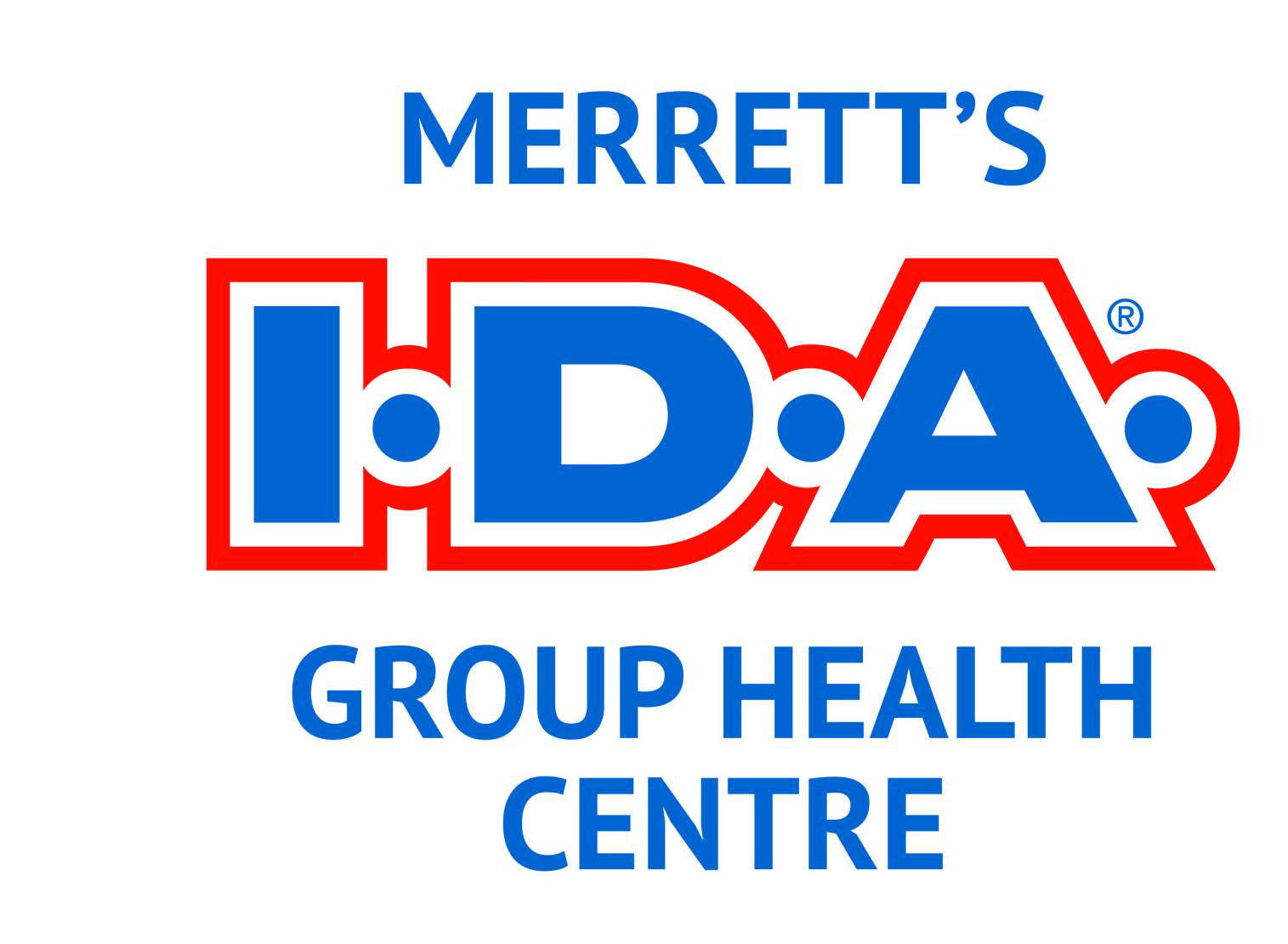The Befits Of Water
What Is The Importance Of Water On Your Health
- Important Roles Of Water
Water plays many important roles in the body, such as:
- aiding digestion;
- maintaining body temperature;
- eliminating waste through urine and bowel movements;
- lubricating joints;
- keeping skin soft and healthy.
- The Importance Of Staying Hydrated
The human body is made up of up to 60% water. Part of that water is excreted through sweat, the production of urine, and even breathing. If you don’t replace it, you can become dehydrated, leading to potentially serious consequences, especially among people who are more frail (infants, the elderly, or people with certain chronic diseases such as renal or heart failure).
- Why Choose Water
To quench your thirst, Canada’s Food Guide recommends you drink water rather than sugary beverages like fruit juice (even those without added sugar), soft drinks, flavoured plant-based beverages or milk, energy drinks, or sweetened and flavoured water. These beverages contain a lot of sugar, and sometimes even fats, both of which are often already present in our diet in excessive quantities.
It’s not about demonizing milk or fruit juice; rather, it’s about drinking them in moderation. You can still enjoy a glass of juice or milk at breakfast, for example, but when you’re thirsty during the day, water should be your go-to beverage.
- How Much Water Should I Drink
There’s no precise answer to this question. It depends on a number of factors, including your state of health, your level of activity, and even the ambient temperature. An athlete who trains outside in hot weather will need to drink more than someone who sits at their computer for hours at a time, for example.
Here are some examples of situations where health status has an impact on how much water should be consumed:
- Women who are pregnant or nursing need to drink more;
- People with heart failure must keep a strict eye on the amount of fluids they consume on a daily basis;
- Vomiting or diarrhea causes water loss that can quickly lead to dehydration if it is not adequately replaced;
- People who take medication that makes them urinate more (such as diuretics, also called water pills) need to monitor their fluid intake according to their condition.
As a rule of thumb, most healthy people should drink 11 to 15 cups of liquid per day. This includes water, as well as other beverages such as coffee or milk, and water contained in foods such as fruits and vegetables.
- How Do I Know If I'm Well Hydrated
The colour of your urine is a good indicator of your hydration level. When you are properly hydrated, it will be colourless or light yellow, except in the morning, upon waking up, because it will have become concentrated during the night.
Thirst is the first sign the body sends to indicate it needs water.
- Taking Medication With Water
Plain water is the liquid of choice when taking your medication unless your pharmacist gives you specific instructions. It will not interact with your medication and in some cases it may even help prevent side effects (for example with medication used to treat or prevent osteoporosis).
- Who To Turn To For Answers
If you have questions about the role of fluids in a healthy diet, consult a registered dietician.
If you are unsure if your medication or your health status has an impact on how much water you should drink, talk to your pharmacist.
